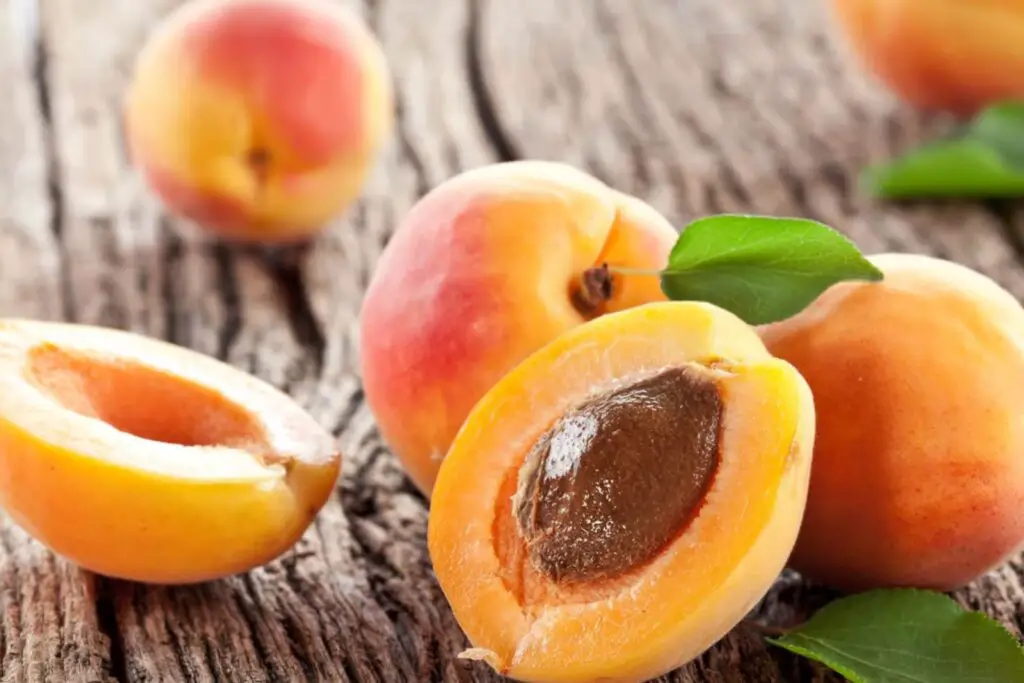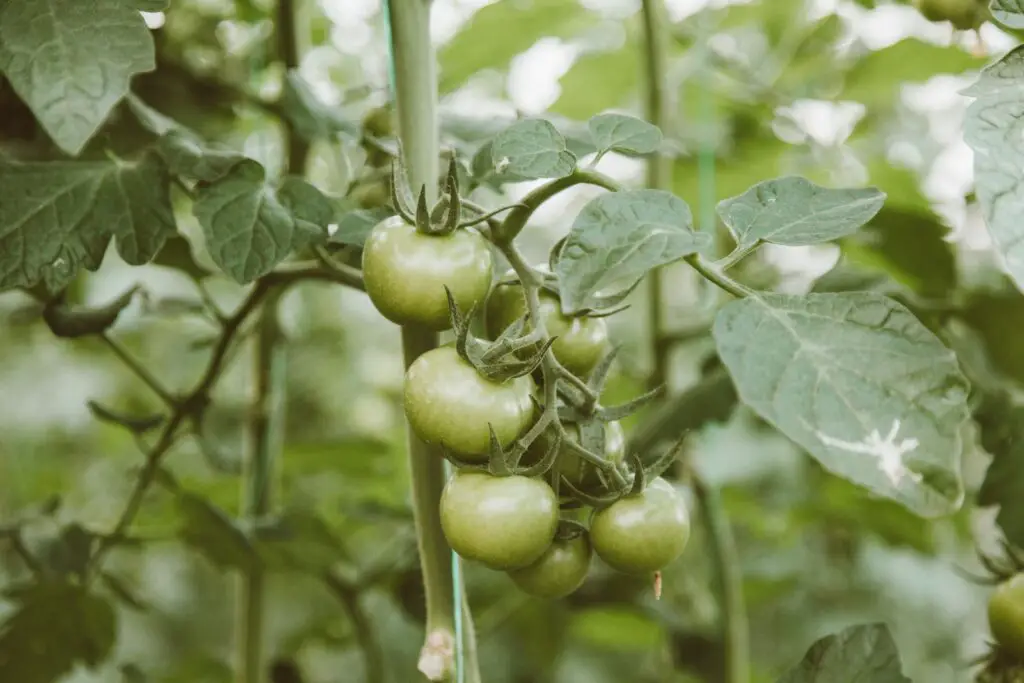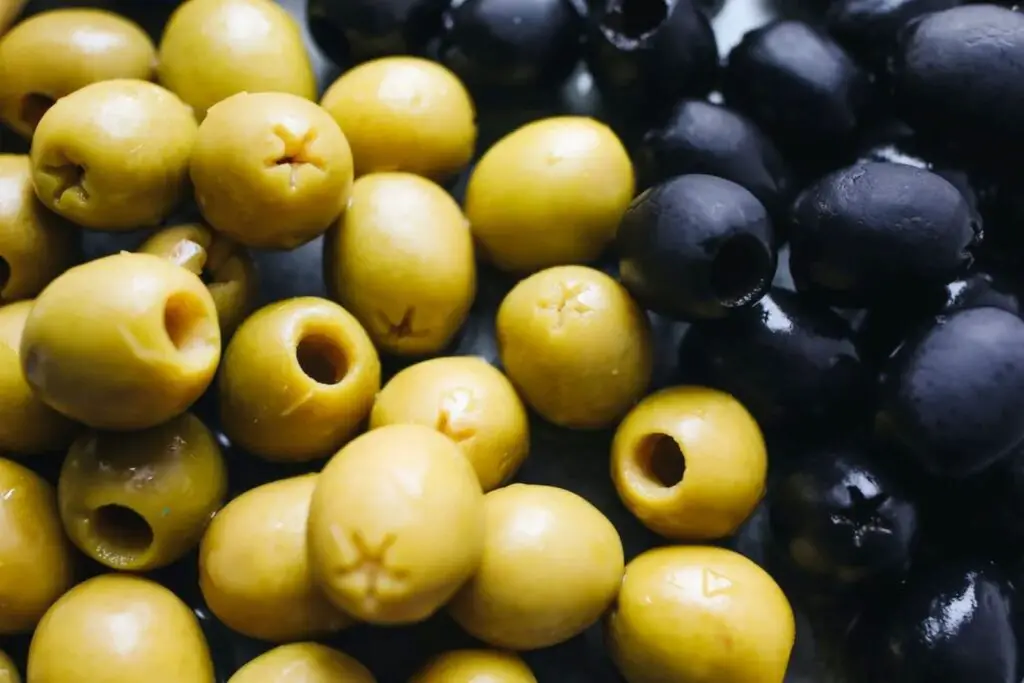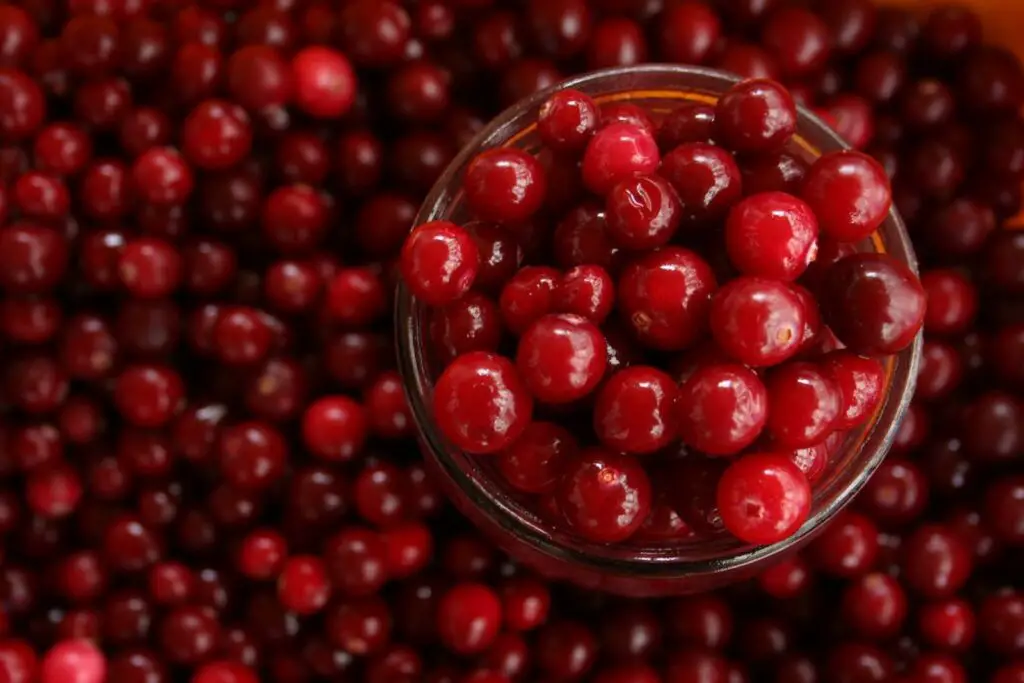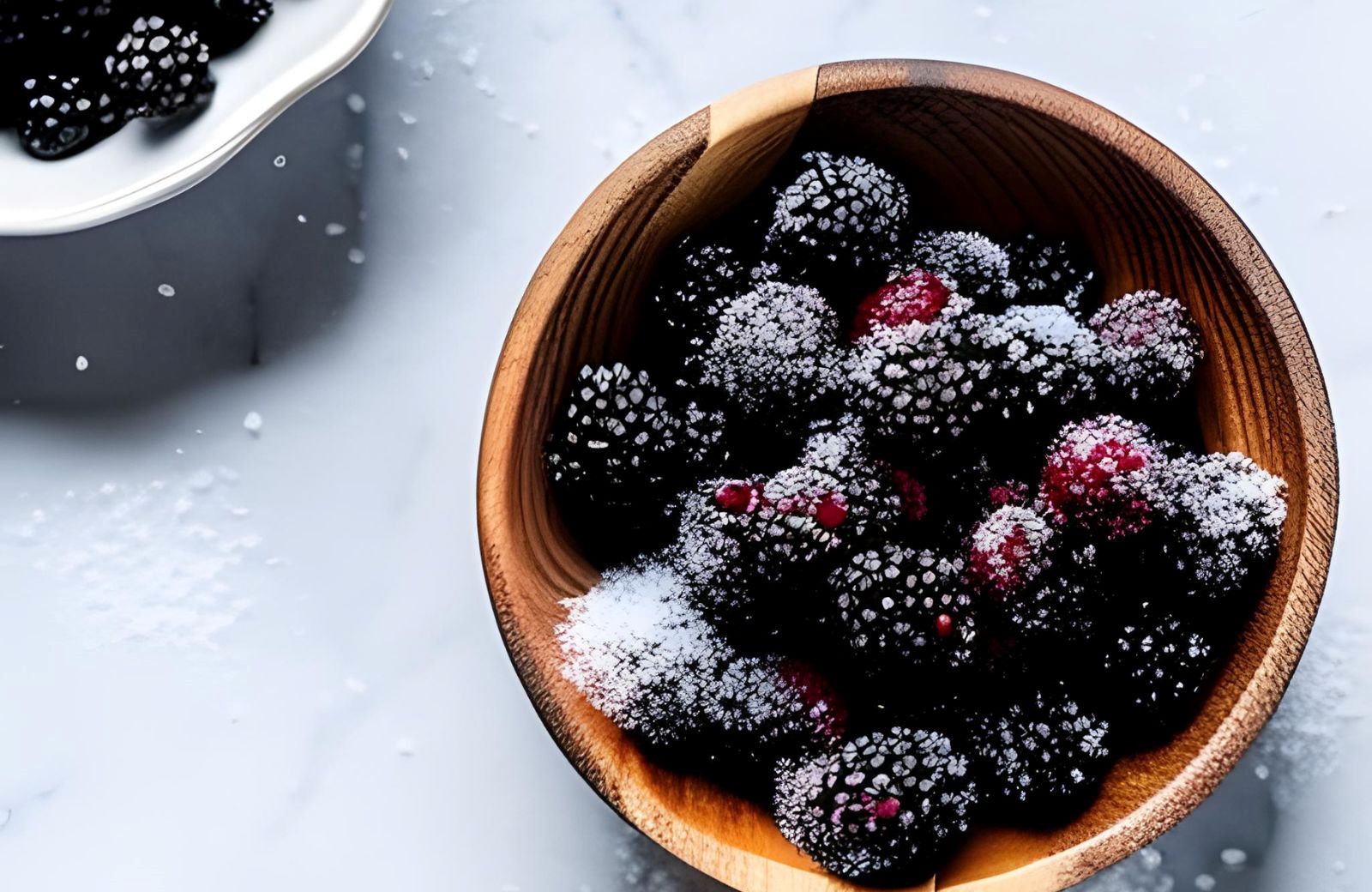
Elderberries are small, dark purple berries that grow on the elder tree and are known for their rich flavor and potent health benefits. These berries are packed with antioxidants and are often used in various culinary creations, such as jams, syrups, and even wine. If you have an abundance of elderberries or want to prolong their shelf life, freezing them is an excellent option.
Freezing elderberries allows you to preserve their freshness and nutritional value, ensuring that you can enjoy their vibrant taste and potential health benefits throughout the year. Whether you plan to use them in smoothies, baked goods, or homemade remedies, knowing the proper steps to freeze elderberries will help you make the most of these wonderful fruits.
Here’s how to freeze elderberries:
Step 1: Harvest the elderberries.
Elderberries should be harvested when they are fully ripe, which is usually in late summer or early fall. You can tell if the elderberries are ripe by their deep purple color and firm texture. It’s important to remove the berries from the stems as the stems can be toxic if ingested. To do this, simply use your fingers or a fork to pull the berries off the stem. Once the berries have been removed, rinse them gently in cold water to remove any dirt or debris. Finally, drain them well to remove excess water.
It’s important to note that elderberries must be cooked or otherwise processed before eating, as they contain a small amount of cyanide in their raw state, which can cause gastrointestinal distress.
Can I use unripe elderberries for freezing?
It is not recommended to use unripe elderberries for freezing as they contain high levels of a toxic substance called cyanogenic glycosides, which can cause nausea, vomiting, and other symptoms if consumed in large amounts. It’s best to wait until the elderberries are fully ripe and dark purple or black before harvesting and freezing them. Ripe elderberries are also sweeter and more flavorful than unripe ones, so using them will give you the best results in your recipes.
Step 2: Sort and remove any debris.
Before freezing elderberries, it’s important to inspect them carefully to remove any stems, leaves, or other debris that may be present. This is important because any foreign objects or plant material can affect the quality and taste of the berries, and may even cause spoilage.
To sort the elderberries, spread them out on a clean surface or in a colander and examine them carefully. Look for stems, leaves, twigs, or any other debris that may have been picked up during harvesting or storage. Simply pick out any unwanted material that you find and discard it.
Sorting the elderberries may take some time, but it’s an important step to ensure that the berries are clean and free of debris before freezing. It will also make it easier to use the frozen berries later on, as they will be ready to go without any additional preparation.
Step 3: Prepare the elderberries for freezing.
Prepare the elderberries for freezing: Before placing the elderberries in the freezer, it’s important to prepare them properly to prevent clumping and ensure that they freeze evenly.
To do this, spread the elderberries out in a single layer on a baking sheet or tray. It’s important to make sure that the berries are not touching each other as this will help prevent them from sticking together when they freeze. If the berries are too close together, they may clump together and become difficult to separate later on.
Once the berries are spread out in a single layer, place the tray or sheet in the freezer. By freezing the berries in a single layer, they will freeze more quickly and evenly. This will help preserve the quality and texture of the berries, making them easier to use later on.
Step 4: Freeze the elderberries.
Once the elderberries have been prepared for freezing, it’s time to place them in the freezer.
To do this, simply place the baking sheet or tray with the elderberries in the freezer. Allow them to freeze for 2-3 hours or until they are completely frozen. The length of time it takes for the berries to freeze will depend on the temperature of your freezer, but in general, they should be fully frozen within a few hours.
It’s important not to disturb the elderberries while they are freezing, as this can cause them to stick together and clump.
Step 5: Store in the freezer.
Once the berries are frozen, you can move them to a freezer bag or container for long-term storage. To do this, first, make sure that the elderberries are fully frozen and not sticking together. If they are sticking together, you can loosen them by tapping the bag or container gently on a hard surface.
Next, carefully transfer the elderberries to airtight freezer bags or containers, making sure to remove any excess air before sealing them. Label the bags or containers with the date and contents, so that you can easily identify them later on.
It’s important to use airtight freezer bags or containers to prevent freezer burn and ensure that the elderberries stay fresh for as long as possible. By labeling the bags or containers, you’ll be able to keep track of how long the berries have been in the freezer and make sure that you use them before they go bad.
Once the elderberries are correctly labeled and sealed, place them back in the freezer for long-term storage. They should last for several months if stored properly.
What are the best-recommended bags and containers for freezing elderberries?
- Ziplock freezer bags: These are durable, airtight bags that are specifically designed for freezer use. They come in a variety of sizes and can be easily labeled and stacked in the freezer.
- Vacuum sealer bags: These bags are designed to be used with a vacuum sealing machine, which removes all the air from the bag and creates an airtight seal. This helps to prevent freezer burn and keeps the elderberries fresher for longer.
- Rigid plastic containers: These containers are ideal for freezing larger quantities of elderberries. They are sturdy, airtight, and reusable, making them a more eco-friendly option. Look for containers that are specifically designed for freezer use, as not all plastic containers are suitable for freezing.
Other related questions
Can you thaw frozen elderberries in the fridge?
Yes, you can thaw frozen elderberries in the fridge. It’s the recommended method as it allows them to thaw slowly and evenly, maintaining their texture and flavor. Just transfer the container from the freezer to the fridge and let it sit overnight, and use it within a few days of thawing.
What are other ways to thaw frozen elderberries?
Here are some ways to thaw elderberries:
- Room temperature: Place the frozen elderberries in a bowl or on a plate and let them thaw at room temperature for a few hours.
- Cold water: Place the frozen elderberries in a sealed plastic bag and submerge them in cold water for 30-60 minutes, changing the water every 15 minutes.
Can you microwave frozen elderberries?
While microwaving frozen elderberries is possible to thaw them quickly, it’s not recommended. This can result in uneven thawing, loss of texture and flavor, and the berries may burst. It’s best to thaw elderberries in the refrigerator overnight or at room temperature for a few hours or place them in cold water for 30-60 minutes.
How long do elderberries last in the freezer?
Elderberries can last in the freezer for up to one year if stored properly in an airtight container or freezer bag. Freezing elderberries is an effective way to preserve their freshness and nutritional value for use in cooking, baking, or making elderberry syrup. To freeze elderberries, rinse them under cold water, pat dry, and remove any stems. Arrange the berries in a single layer on a baking sheet and freeze for a few hours. Once frozen, transfer the berries to a labeled freezer bag or container and store them in the freezer. Thawed elderberries may be a bit softer than fresh ones, but they can be used in recipes just as fresh berries.
Can you refreeze elderberries?
It is generally safe to refreeze elderberries if they have been thawed in the refrigerator or in cold water, and have not been left at room temperature for more than two hours. However, refreezing can affect the texture and quality of the berries, so it is best to use them as soon as possible after thawing. It is also important to note that repeated thawing and refreezing can increase the risk of foodborne illness.
How can I tell if elderberries have gone bad?
- Appearance: Elderberries that have gone bad may be shriveled, discolored, or moldy. They may also have a slimy texture.
- Smell: If elderberries have a sour or unpleasant smell, they may have gone bad.
- Taste: If elderberries taste sour or bitter, they may have been spoiled.
- Texture: If elderberries are mushy or slimy to the touch, they may have gone bad.
It’s important to discard any elderberries that show signs of spoilage as they can cause foodborne illness. To prevent spoilage, it’s best to store elderberries in an airtight container in the refrigerator or freezer as soon as possible after harvesting or purchasing.
Is it better to freeze or refrigerate elderberries?
It is better to freeze elderberries than to refrigerate them, as they can only be stored in the refrigerator for a few days before they begin to spoil. Freezing elderberries preserves their quality and nutrients for up to 8-12 months, making them a great option for long-term storage and use in recipes.
Can I use frozen elderberries with fresh ones?
Yes, you can use frozen elderberries with fresh ones in many recipes. However, keep in mind that the texture of frozen elderberries may be softer than fresh ones, which can affect the overall texture of your dish. Also, if you’re using frozen elderberries in a recipe that requires cooking, you may need to adjust the cooking time to account for the extra moisture released by the frozen berries. In general, it’s best to use frozen elderberries in recipes that call for cooking or blending, such as jams, sauces, smoothies, or baked goods. If you’re using them in a raw preparation, such as a salad or fruit compote, it’s best to thaw them first and drain off any excess liquid before using.
Does freezing elderberries dry them out?
Freezing elderberries does not dry them out, but it can cause some cell damage, which can affect the texture of the berries once they are thawed. To minimize this, it is important to freeze elderberries quickly and to store them in airtight containers or bags to prevent freezer burn. Thawed elderberries may be softer than fresh ones, but they will still retain their nutritional value and flavor.

